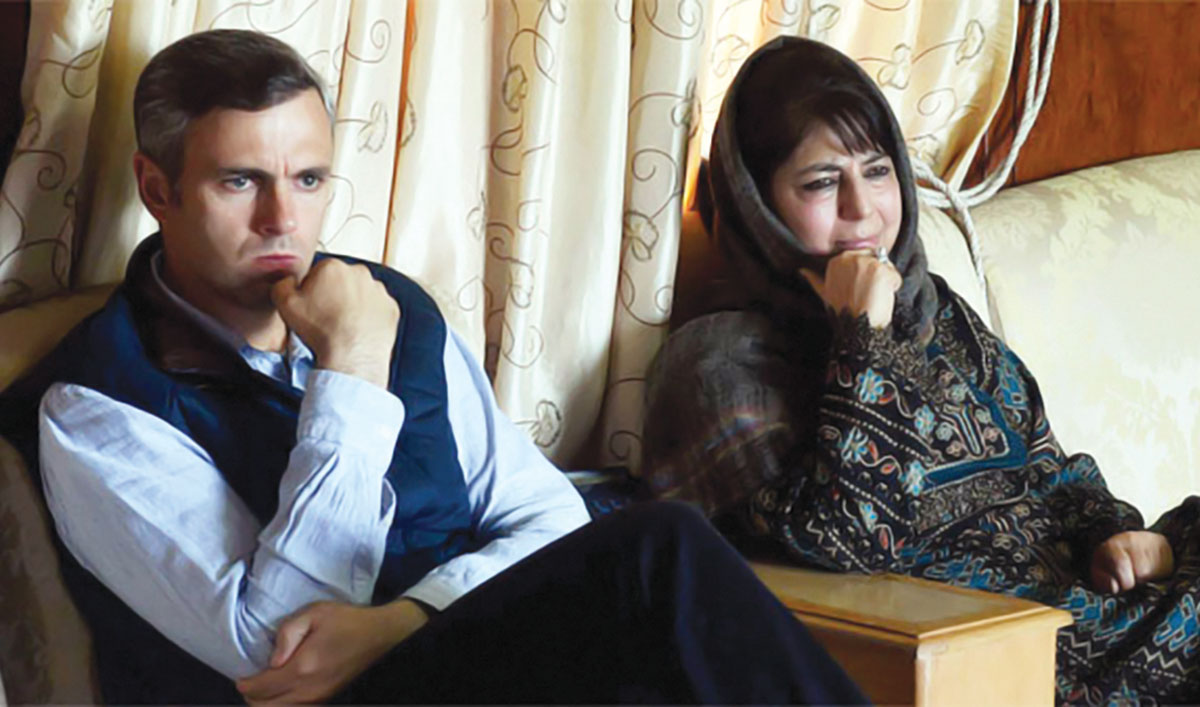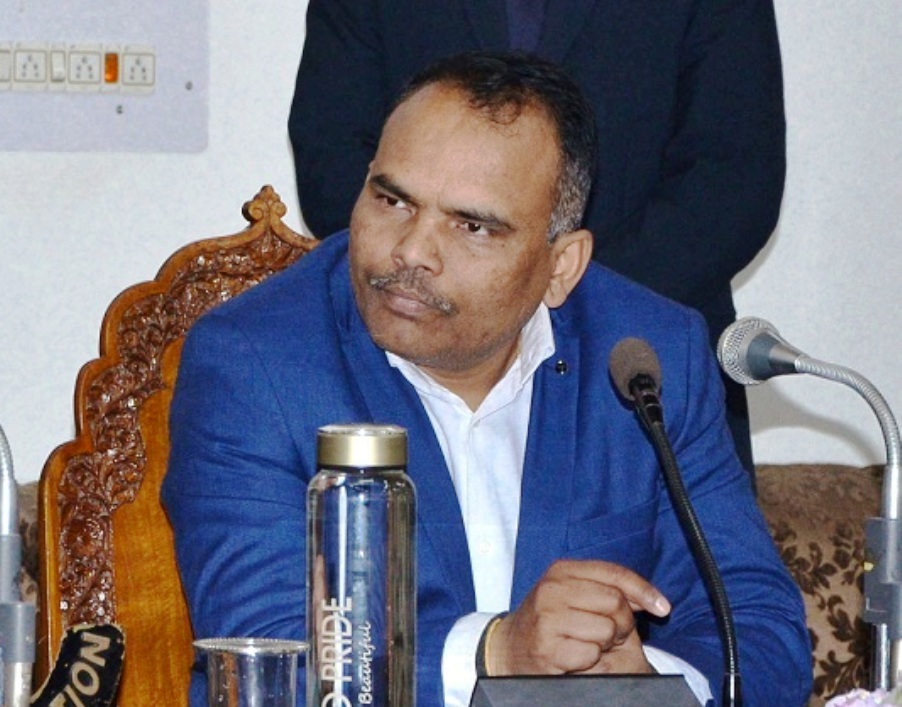SRINAGAR: The incidence of heart attacks and strokes in Jammu & Kashmir has increased significantly, mirroring global trends. Experts have identified pollution, lack of exercise, and high fast food consumption as the main factors behind this upward trajectory.
Cardiologists at various tertiary healthcare facilities in the Union Territory, in conversation with the news agency KNO, disclosed that the number of heart attacks in Jammu & Kashmir has nearly doubled in the past five years. Hospitals in the region have witnessed an almost twofold increase in the number of stent procedures performed in just the last two years.
Dr A G Ahanger, a renowned Cardiologist, informed KNO that heart disease accounts for approximately 27-31 percent of global deaths, with up to 85 percent of these deaths being preventable with prompt treatment.
Dr Ahanger stressed the importance of not ignoring any symptoms related to heart disease and emphasised the need for proper diagnosis and treatment to save lives.
He suggested that people should adopt the 5S policy to reduce the risk of heart disease, which includes lowering salt and sugar intake, avoiding a sedentary lifestyle, managing stress, and quitting smoking. Following these guidelines could help save lives and promote a healthy heart, he said.
Dr Irfan, a cardiologist at GMC Srinagar, told KNO that the rate of heart attacks at SKIMS or SMHS has doubled over the last five years. “There has been a change in the pattern of heart attacks. In the past, there were 70 percent fewer cases in the summers compared to the winters. However, this is no longer the case. We are now admitting more young patients with heart-related issues and frequently performing stent procedures and pacemaker implantations,” he said.
According to Dr Irfan, air pollution, rapid urbanisation, drug abuse, sedentary lifestyles, physical inactivity, fast food consumption, stress, and smoking are all contributing to the increased prevalence of hypertension and diabetes, which in turn lead to heart attacks. He also noted that young patients with heart problems were rare some years ago but have now become a daily occurrence.
Dr Irfan commented on the current situation in Kashmir, stating that many people have become reliant on others and are not taking responsibility for their own actions. He identified a trend towards seeking only comfortable and easy work, which has been further enabled by the rise of online delivery systems and the work-from-home culture.
“Unfortunately, this sedentary lifestyle has contributed to a rise in drug abuse and associated health problems, including Endocarditis disease, which had previously been uncommon in the region. Even college-going females have been reported to be struggling with heart-related issues due to drug abuse,” he said.
The doctor lamented that while Kashmir has made strides in technological advancements, the overall health of the population has suffered due to a lack of physical activity.
He advised that managing conditions like high blood pressure, diabetes, and cholesterol, as well as avoiding a sedentary lifestyle, quitting smoking, reducing stress, eating a vegetable-rich diet, maintaining a healthy weight, and regular exercise can significantly lower the risk of heart attacks.
According to cardiologists, common symptoms of a heart attack include chest pain that feels like pressure, tightness, squeezing, or aching. The pain or discomfort may also radiate to the shoulder, arm, back, neck, jaw, teeth, or upper belly. Other symptoms can include cold sweat, fatigue, heartburn or indigestion, lightheadedness or sudden dizziness, nausea, and shortness of breath. (KNO)















